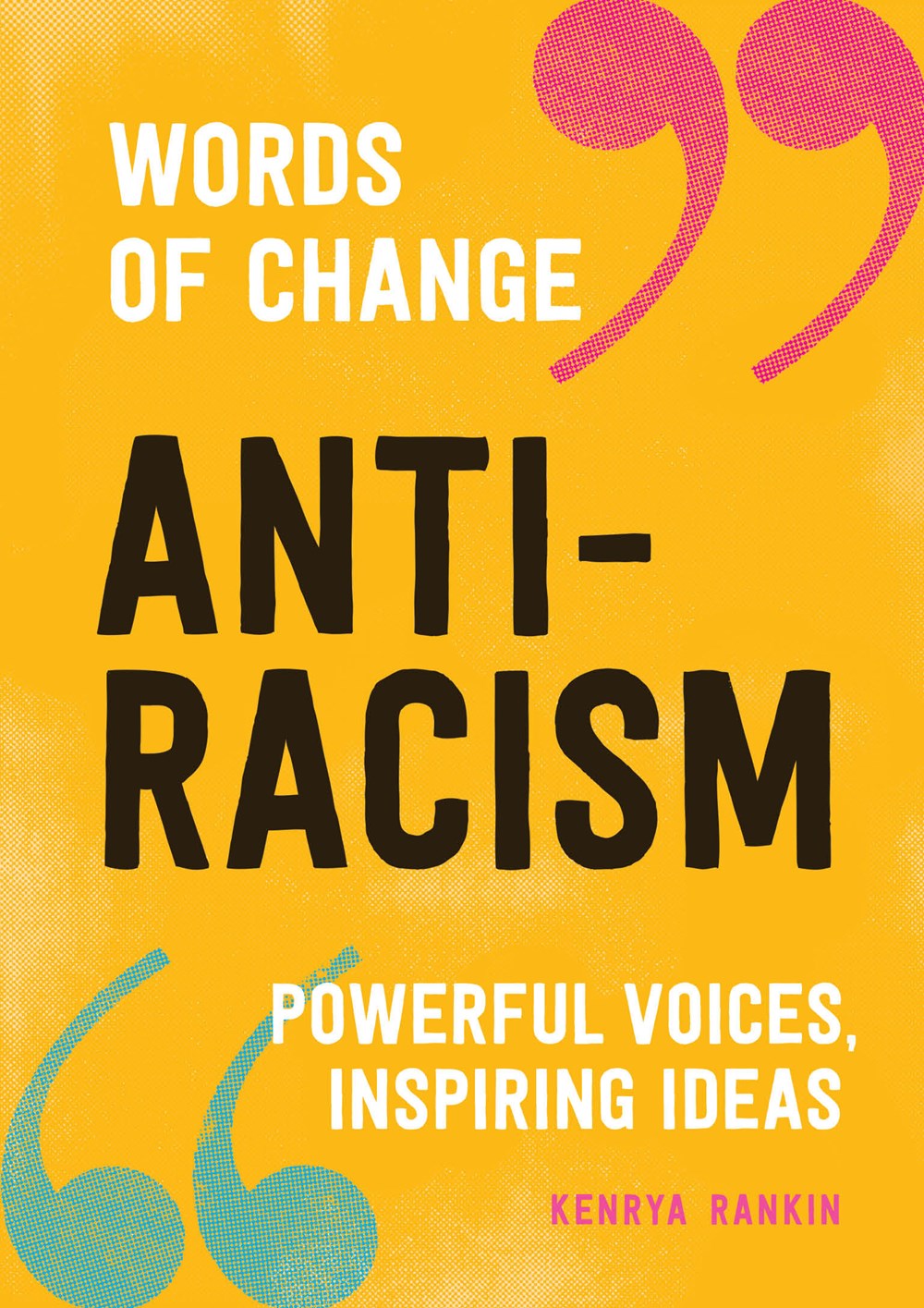Posted By Nicki Leone,
Thursday, February 16, 2023
Updated: Saturday, February 11, 2023
|
 "One of the primary issues we must face, especially in this sociopolitical climate, is the need for white people to do the hard work of wrestling with what it really means to be white." - Rev. Dr. Brenda Salter McNeil "One of the primary issues we must face, especially in this sociopolitical climate, is the need for white people to do the hard work of wrestling with what it really means to be white." - Rev. Dr. Brenda Salter McNeil
Author Photo Credit: Calvin Center for Faith & Writing | Excerpted from Words of Change: Anti-Racism by permission of Sasquatch Books. Copyright 2020 By Kenyra Rankin. All rights reserved.
Learn
Poet and novelist Ben Okri has written, “Beware of the stories you read or tell; subtly, at night, beneath the waters of consciousness, they are altering your world.” Systems scientist Sally J. Goerner has added, “The stories we tell ourselves about how the world works form our greatest survival tool.” Stories hold tremendous power in our world, work, and lives. Writer Chimamanda Adichie notes: “Stories have been used to dispossess and to malign. But stories can also be used to empower, and to humanize. Stories can break the dignity of a people. But stories can also repair that broken dignity.”
At Food Solutions New England, their narrative strategy and other capacity-building work have benefitted from the work of The Storytelling Project, which identifies different kinds of stories that have been told to advance or prevent justice: stock stories (maintain the unjust status quo), concealed stories (accounts of those who are marginalized and oppressed), resistance stories (stories of anti-racist struggles which also have lessons about resilience), and counter-stories (ways to interrupt the status quo and create transformational alternatives). For more about these different kinds of stories, see pages 7-9 of The Storytelling Curriculum.
Reflect
Reflect on the stories that circulate in your work, studies, and community life. Who and what do these stories promote and privilege? Are they advancing racial justice? Are they uplifting those who are marginalized? Are they inspiring new possibilities for racial equity and liberation?
Act
-
Bring this reflection exercise into your store or community. Consider what you can learn from stock stories about how racism operates. How might you disrupt these stories? What can the concealed stories you identify teach about a fuller picture of “reality?” Identify what resistance stories can teach you about anti-racist perspectives and practices that can expand our vision of what is possible. And what are the counter-stories that emerge and how can they guide you?
-
Challenge/disrupt the perpetuation of stock stories around you. Hold them up for critique. Propose alternatives.
-
In the South the word “heritage” is often used to sidestep or ignore the racist legacy of its history. “The American plantation wasn’t the quaint village community you saw depicted in your history textbook,” writes culinary historian Michael Twitty, “it was a labor camp system for exiled prisoners of war and victims of kidnapping.” Look at your own community’s landmarks and important cultural sites and ask if they are honoring a racist event or idea. Make a point of telling the other side of those stories. Recommended Reading: The Cooking Gene by Michael Twitty
Dig Deeper
Explore other links on the Challenge Resource Page. See how other Challenge participants are doing, and let them know how you are doing on the Challenge Bulletin Board
SIBA thanks its generous sponsors, who have made the 21-Day Racial Equity Challenge possible:
 
 Many of the quotes used in the Challenge are excerpted from Words of Change: Anti-Racism by permission of Sasquatch Books. Copyright 2020 By Kenyra Rankin. All rights reserved.
Although SIBA has modified when appropriate for a bookseller audience, the majority of prompts and resources come directly from the 21-Day Racial Equity Habit Building Challenge created by Food Solutions New England (FSNE), a regional collaborative network organized to support the emergence and continued viability of a New England food system that is a resilient driver of healthy food for all, racial equity, sustainable farming and fishing, and thriving communities. We are so grateful for their extraordinary work creating this program and making it available to other organizations.
Feedback? We welcome your thoughts.
This post has not been tagged.
Permalink
| Comments (0)
|